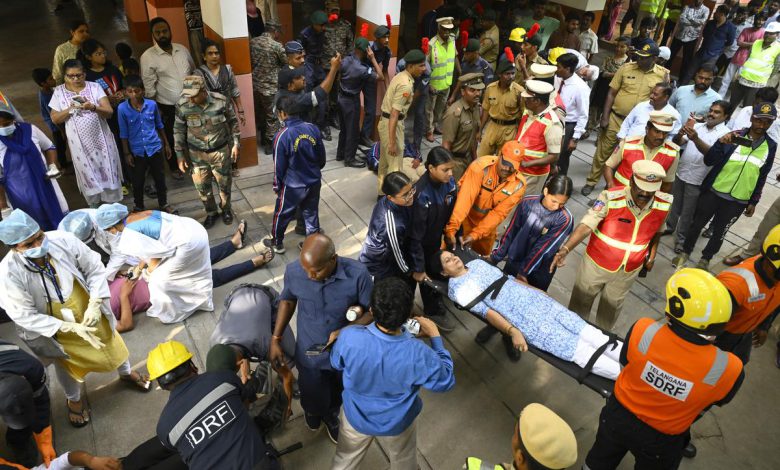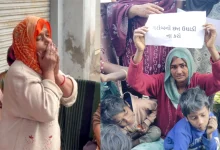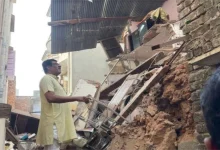Gujarat To Train 70,000 Citizens Every Year In Civil Defence Following India-Pakistan Tensions

Ahmedabad: In response to rising national security concerns after the Pahalgam terror attack and India’s retaliatory Operation Sindoor, the Gujarat government has announced a large-scale civil defence initiative aimed at strengthening the state’s emergency preparedness. Under the new policy, the state will provide civil defence training to approximately 70,000 odd citizens each year, a significant jump from the current figure of 1,500.
This expansion is intended to build a more resilient and responsive civilian force capable of supporting authorities during times of crisis, whether due to terrorism, natural disasters, or man-made emergencies. The initiative comes in the aftermath of Operation Sindoor, which significantly escalated tensions between India and Pakistan. Although a ceasefire was eventually reached, the confrontation revealed major gaps in community-level emergency readiness. According to government sources, the state recognized an urgent need to empower ordinary citizens with the skills and knowledge to act effectively in emergency scenarios.
To operationalize this, the government has adopted a ratio-based model: one individual per 1,000 residents will be trained in civil defence protocols annually. The training, which currently takes place in just 14 districts, will soon be extended to all regions across Gujarat.
District Collectors have been given authority to procure equipment and infrastructure required for the training expansion. The current civil defence training includes 12 modules, but the government plans to broaden this to include advanced topics such as bomb disposal, emergency transportation logistics, disaster communication systems, and evacuation planning.
Special funding will be allocated through the State Disaster Response Force (SDRF) and the Gujarat State Disaster Management Authority (GSDMA) to modernize training facilities and recruit skilled instructors. An immediate goal has been set to add at least 15,000 new volunteers in the coming months.
The government also aims to collaborate with educational institutions, community groups, and organizations such as the National Cadet Corps (NCC) and National Service Scheme (NSS) to promote mass participation. These partnerships will be critical in building a decentralized and community-driven response network. This initiative marks one of the most comprehensive civil defence efforts in the state’s history and reflects Gujarat’s proactive approach to national security and disaster management in a rapidly evolving global landscape.




